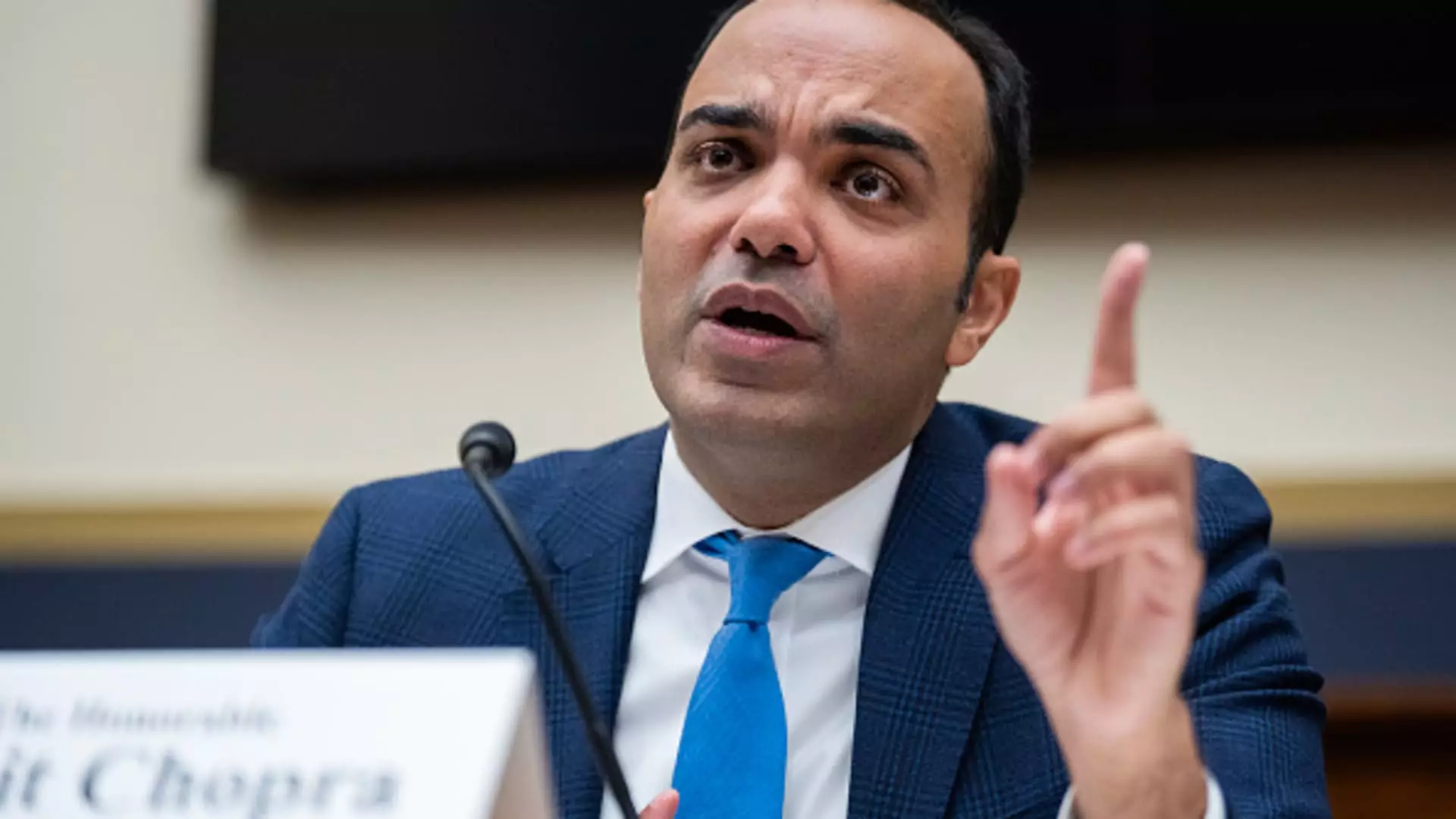In a significant move aimed at protecting consumers, the Consumer Financial Protection Bureau (CFPB) has unveiled a finalization of new regulations targeted at curbing excessive overdraft fees imposed by banks. This landmark decision is framed to save American consumers approximately $5 billion every year. By replacing the average overdraft fee of around $35 per transaction with a much lower fee of $5, the CFPB envisions a fairer financial landscape for everyday Americans. Furthermore, this regulation sends a clear message to financial institutions about the growing impatience with exploitative practices.
Overdraft fees have long been a substantial revenue stream for banks, amassing about $280 billion since the turn of the century, according to CFPB data. Despite this lucrative income, banks have been re-evaluating their fee structures as consumer sentiment shifts and public awareness about such financial practices grows. Major banks, including industry giants like JPMorgan Chase and Bank of America, have already begun to alter their approach, either by lowering fees or limiting transactions that trigger overdraft penalties. This evolving landscape illustrates a potential shift in how banks operate in response to consumer advocacy, even before the regulatory changes formally take effect.
The new rule obliges banks and credit unions with assets over $10 billion to adopt more transparent policies regarding overdraft fees. Under this framework, institutions can either charge a maximum of $5 per overdraft or implement fees that would only cover operational costs. Alternatively, they could maintain their existing fee structures but must clearly disclose the interest rates applicable to those overdraft loans. In his statement, CFPB Director Rohit Chopra emphasized the intention of these new regulations: to dismantle a “legal loophole” that has stripped billions from America’s consumers while holding these financial giants accountable for their practices.
Despite the potential benefits for consumers, the new overdraft fee rule faces vigorous opposition from banking lobbyists. Groups like the Consumer Bankers Association have already raised concerns that the changes could diminish access to overdraft services. They contend that reduced availability may drive customers towards more harmful financial solutions, such as payday loans, which often come with higher rates and fees than traditional banking services. This apprehension underscores the complexities of reforming banking practices and the balancing act of ensuring consumer protection while maintaining access to necessary financial tools.
The implementation of the CFPB’s overdraft fee regulation is scheduled for October 1, 2025, but its future is fraught with uncertainties. The impending change in political leadership, particularly with the anticipated appointment of a new CFPB director favorable to deregulation under a Republican administration, could significantly alter or even nullify this initiative. Moreover, prior initiatives, such as caps on credit card late fees, have encountered hurdles in federal courts, raising questions about how firmly the CFPB can establish protective measures in a shifting political climate.
The CFPB’s recent announcement represents a critical step toward more equitable financial practices in the banking sector. While the proposed regulation aims to curtail predatory overdraft fees and bring transparency, the ensuing battle with industry lobbyists illustrates the challenges of reforming entrenched systems. As the financial landscape evolves, consumer advocacy will play an indispensable role in shaping a future where banking services contribute to, rather than undermine, individual financial health. The coming months will be pivotal in determining the regulation’s implementation and the broader implications for consumers and banks alike. Only time will reveal whether this reform signifies the beginning of a new era in consumer banking protections.


Leave a Reply